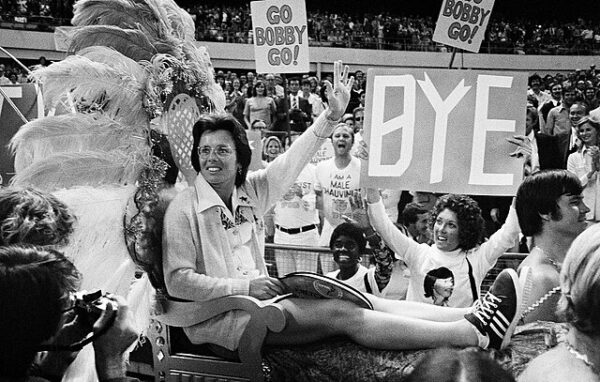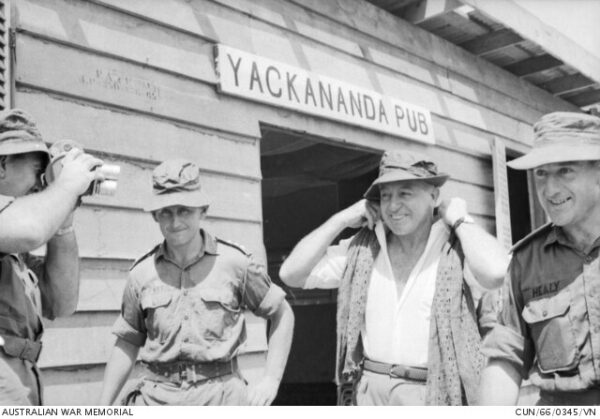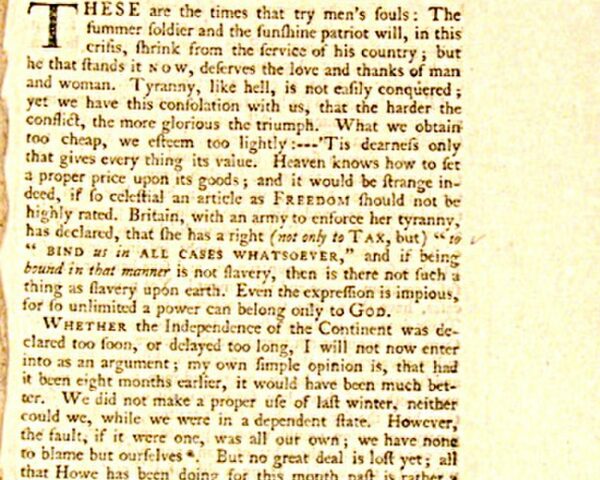On September 20, 1973, tennis legend Billie Jean King faced Bobby Riggs in a highly publicized match known as the “Battle of the Sexes” at the Houston Astrodome. This event captivated the world as it symbolized more than just a tennis competition; it became a cultural moment reflecting the broader women’s rights movement of the time. The match itself drew over 30,000 spectators to the Astrodome, with millions more tuning in to watch on television.
Bobby Riggs, a former Wimbledon champion and notorious self-promoter, had long claimed that even at the age of 55, he could still beat any of the top female players. His views were grounded in a traditional belief that men were inherently better athletes than women, and he used this platform to taunt the women’s tennis circuit. Before challenging King, Riggs had already defeated Margaret Court, another top female player, in a match dubbed the “Mother’s Day Massacre” earlier that year. Court’s defeat led many to believe Riggs could repeat his victory against King.
Billie Jean King, then 29 and at the peak of her career, was not only a tennis star but also an outspoken advocate for gender equality in sports. She had been at the forefront of the fight for equal pay and recognition for female athletes, and she saw this match as an opportunity to strike a blow against the sexist attitudes Riggs embodied. Although Riggs’ challenge seemed like a publicity stunt, King knew that her victory could have a broader societal impact, potentially empowering women both inside and outside the sports world.
The atmosphere inside the Houston Astrodome was electric as the match got underway. Riggs entered the court in a flashy, chauvinistic fashion, playing up his role as the self-proclaimed superior male athlete. King, on the other hand, entered with a more focused and determined demeanor, ready to take on the challenge. Despite the playful nature of Riggs’ taunts, King took the match seriously from the start. She had devised a strategy to outlast Riggs, who relied heavily on finesse and trickery rather than the physical endurance she knew she had.
From the beginning, it was clear that King was prepared. She dominated the match with her speed and precision, quickly taking control of the game. Riggs, known for his crafty style of play, found himself unable to keep up with King’s powerful groundstrokes and impeccable tactics. King won the first set 6-4, and her momentum continued into the second, where she triumphed 6-3. By the third set, it was evident that Riggs, exhausted and flustered, could not mount a comeback. King closed out the match 6-3, securing a decisive straight-sets victory.
Billie Jean King’s win was about more than just tennis. It became a symbolic victory for the women’s liberation movement, highlighting the capabilities and equality of female athletes. The significance of the match reverberated far beyond the Astrodome, as King’s victory challenged deeply ingrained stereotypes about gender roles in sports and society. In her post-match interviews, King expressed the importance of the win, not just for herself, but for women everywhere. She understood the cultural significance of her victory and hoped that it would inspire other women to pursue their goals without being limited by gendered expectations.
The Battle of the Sexes also had a lasting impact on tennis. It drew attention to the growing demand for equal prize money in major tournaments, a cause that King had long championed. In 1973, the same year as the match, the U.S. Open became the first major tournament to offer equal prize money to both male and female champions, a direct result of King’s activism and influence.






